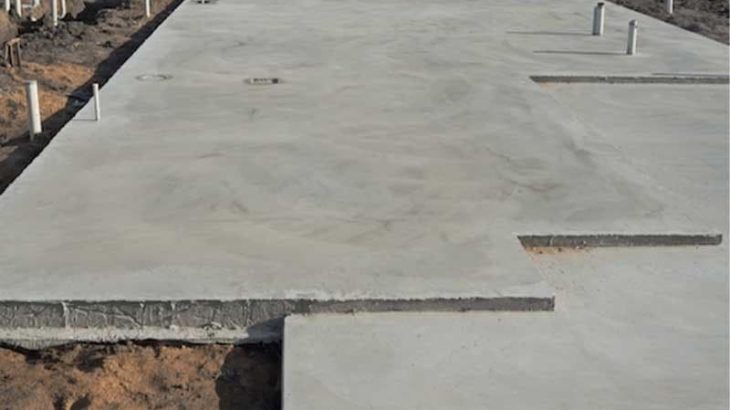Concrete works encompass a wide range of projects, from laying new driveways and patios to repairing foundations and constructing basements. Whether you’re a homeowner looking to embark on a DIY project or someone seeking to understand more about professional concrete services, there are essential tips and tricks that can help ensure success. Below, we delve into key considerations for custom concrete projects, slabs, integration with drainage systems, basements, and repairs.
1. Custom Concrete Projects: Planning is Key
Custom concrete projects offer the flexibility to match your specific needs and aesthetic preferences. Whether you’re thinking about a bespoke patio, a unique garden path, or an intricately designed driveway, the first step is always thorough planning. Consider the purpose of the project, the area’s climate, and how the design complements your property. Consulting with a professional can help you understand the technical requirements and potential challenges, such as soil conditions and load-bearing requirements.
2. Laying Concrete Slabs: Foundation Matters

Concrete slabs form the foundation for many structures, from simple sheds to garages and home additions. The durability and longevity of the slab depend significantly on the preparation of the base. Ensure the ground is level, stable, and well-compacted before pouring the concrete. Incorporating reinforcement, such as rebar or wire mesh, can prevent cracking and enhance the strength of the slab. Paying attention to the weather is also crucial; extreme temperatures can affect the curing process.
3. Integrating Concrete and Drainage Systems
Proper drainage is vital in any concrete project to prevent water accumulation that can lead to structural damage over time. When planning driveways, patios, or sidewalks, consider the slope and incorporate adequate drainage solutions. Channel drains, French drains, or even a simple slope directing water away from the structure can make a significant difference. This integration is particularly crucial in areas prone to heavy rainfall or where water pooling could cause issues.
4. Basements: Beyond the Foundation
Constructing a basement involves more than just laying a foundation—it’s about creating a livable, functional space below ground level. Waterproofing is paramount to protect against moisture and water damage. Options include external waterproofing membranes, interior sealants, and drainage systems designed to keep the basement dry. Additionally, consider insulation and ventilation to make the space comfortable and prevent mould growth.
5. Repairs: Maintaining Structural Integrity
Concrete is known for its strength and durability, but it’s not immune to wear and tear. Cracks, chips, and other damages can occur due to weather, physical impact, or time. Prompt repairs are essential to maintain structural integrity and prevent minor issues from becoming major problems. For small cracks, filling with a concrete patching compound might suffice. Larger issues, however, such as significant cracks or subsidence, may require professional assessment and intervention.
Wrapping Up: Ensuring Success in Your Concrete Works
Concrete works require careful planning, execution, and maintenance to ensure the longevity and functionality of the project. Whether you’re undertaking a DIY project or hiring professionals, understanding the basics—from design considerations to repair techniques—can help you achieve the desired outcome. Remember, concrete is not just a building material; it’s a foundation for your dreams, a protector of your home, and a canvas for your creativity. With the right approach, you can maximize its potential and enjoy the benefits for years to come.
Hope you’ve found these tips helpful and enlightening. If you’re planning a concrete project or looking to tackle repairs, remember that success lies in the details. Feel free to share your experiences or plans in the comments below. Your insights could inspire or assist others in their concrete endeavours.



















